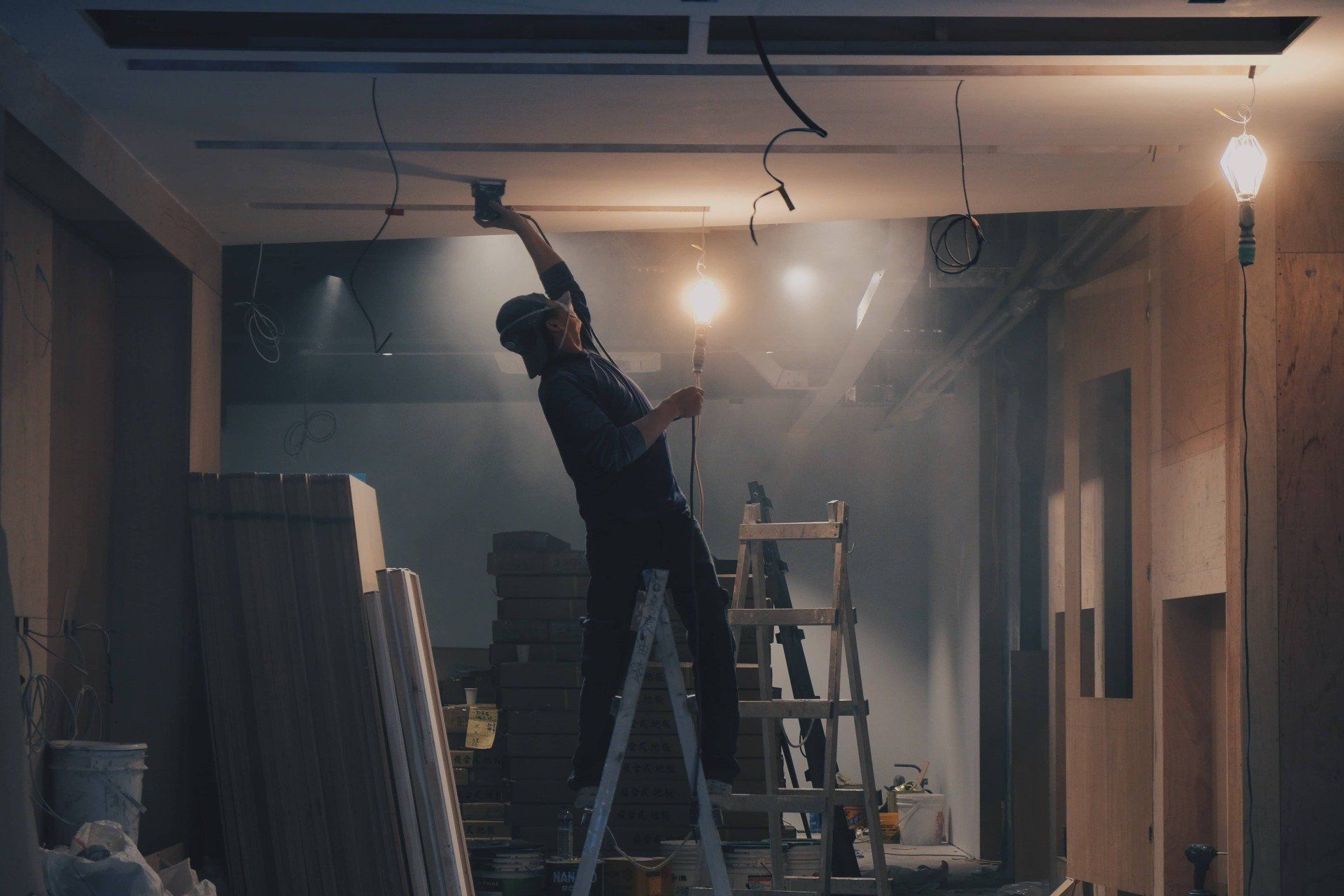Home insurance add-ons explained
Why getting the correct house insurance is so important.
Personal possessions used away from the home
Many people mistakenly assume home insurance will cover their belongings both in and outside the home. You will usually need to add personal possessions cover (sometimes known as an all-risks extension) to your policy to ensure portable items, such as mobile phones, musical instruments and laptops, are protected away from the home. Items may also be covered when abroad with this add on – usually for up to 60 days a year.
Accidental damage
Accidental damage provides cover for accidents around the home. Adding this cover to your contents insurance will protect you for life’s little mishaps like spilling red wine on your cream carpet, or a toddler wreaking havoc with a paintbrush.
If you add accidental damage cover to buildings insurance, you will be covered for accidents such as drilling through a water pipe or cracking a bathroom washbasin. Note that general wear and tear isn’t usually included.
Home emergency cover
This add-on will pay for emergency callouts and repairs if, for example, your boiler breaks down or a pipe bursts. Cover can vary between insurers, so you should check carefully, but it will often cover boilers and central heating, drains, plumbing, electrical faults, replacement locks and pest infestations.
The amount you can claim for boiler repairs may be lower than with standalone boiler cover.
What to consider
Before adding any of these extras to your policy, check the small print carefully to see whether you’re happy with any exclusions or cover limits. In some cases, you may prefer to buy a standalone policy that offers more comprehensive cover.
If you’re unsure which add-ons are right for you, get in touch and we can help you find the right policy
More information about mortgages
Mortgage news
















